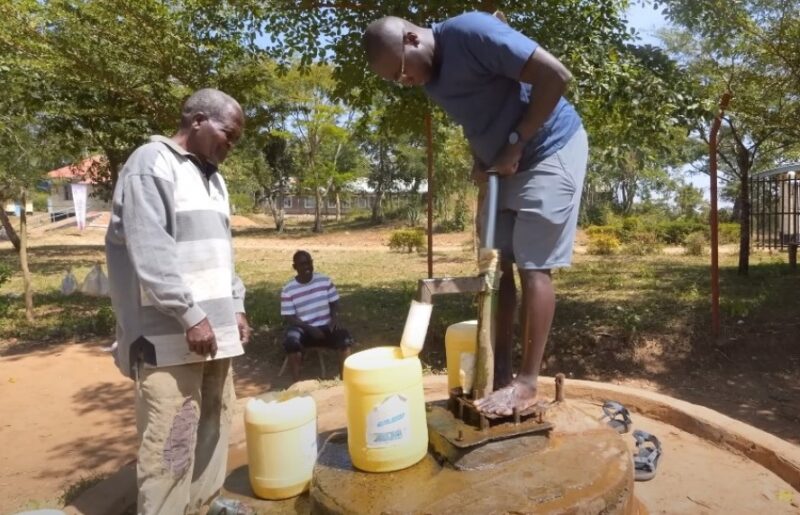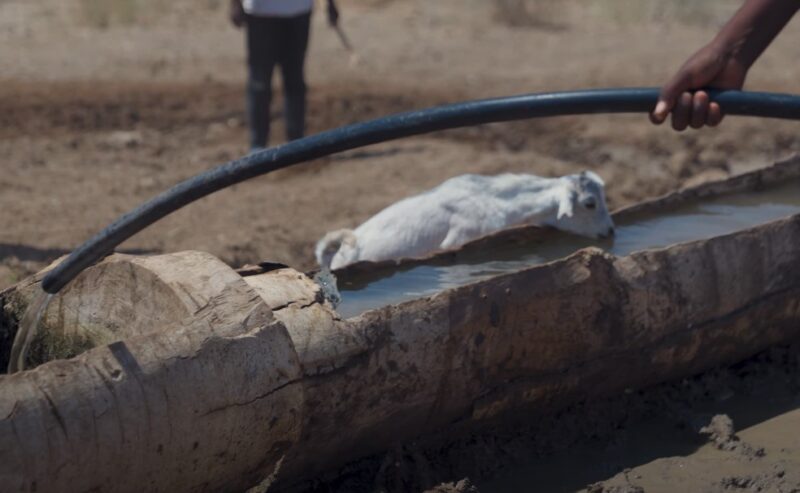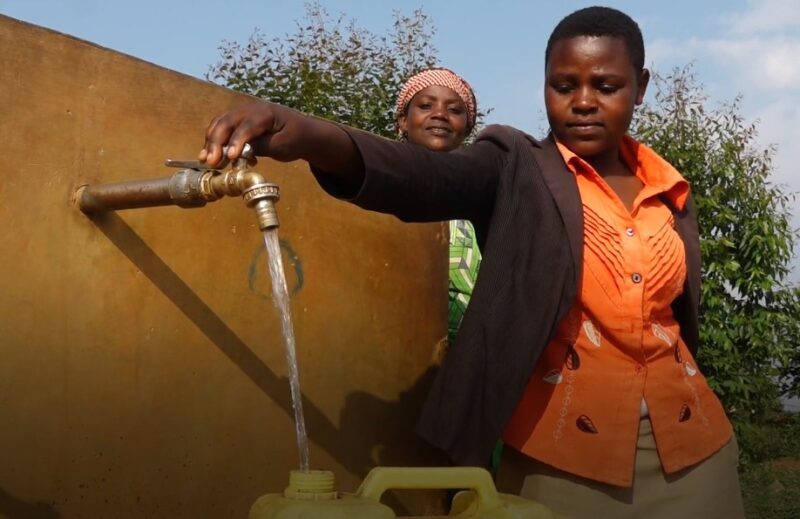Access to hot water is a basic necessity that many people take for granted. However, according to the World Bank, approximately 2.3 billion individuals worldwide lack access to proper sanitation, which includes the ability to heat water for essential daily tasks like bathing, cleaning, and cooking.
Understanding the scope of this global issue is the first step towards improving hot water access and positively impacting the lives of millions.
Key Takeaways
- Approximately 2.3 billion people globally lack access to basic sanitation, including hot water.
- Hot water access is crucial for maintaining good health and hygiene, as well as improving overall quality of life.
- The availability of hot water varies significantly across different regions and countries around the world.
- Addressing the lack of hot water access is an important step towards achieving the United Nations’ Sustainable Development Goals.
- Improving hot water access can have a profound impact on the well-being and living standards of communities in need.
The Importance of Hot Water Access

Access to hot water is more than just a convenience – it’s a crucial component of maintaining good health and hygiene. The benefits of hot water access extend far beyond simply making our daily tasks more comfortable; it plays a vital role in our overall well-being.
Health and Hygiene Benefits
Hot water is an effective tool in the fight against harmful bacteria and germs. By using hot water for tasks like washing hands, taking showers, and cleaning, you can help kill off these microscopic threats and maintain a higher level of cleanliness.
This, in turn, reduces the risk of illness and infection, promoting better overall health.
Additionally, hot water access enables more thorough personal hygiene practices, such as properly washing and bathing. This can contribute to improved skin health, hair health, and a greater sense of personal well-being.
Improving Quality of Life

Beyond the health and hygiene benefits, access to hot water can also significantly improve your quality of life. Simple tasks like doing laundry, washing dishes, and bathing become more comfortable and efficient with the availability of hot water. This can lead to a more streamlined and stress-free daily routine, positively impacting your overall mood and productivity.
Furthermore, the ability to enjoy a warm, relaxing shower or bath can have a calming effect, helping to alleviate stress and promote better sleep. This, in turn, can contribute to improved mental health and a greater sense of well-being.
Hot Water Availability Around the Globe

The availability of hot water is a global phenomenon that varies significantly across different regions.
While developed countries like the United States, Canada, and many European nations generally enjoy widespread access to heated water for daily use, many developing countries, particularly in sub-Saharan Africa and parts of Asia, struggle to provide reliable hot water access to their citizens.
In the United States, for instance, the majority of the population can easily heat water for various household activities, from showering to washing dishes
On the other hand, countries in sub-Saharan Africa often face challenges in ensuring consistent hot water supply, with some regions relying on traditional methods or limited infrastructure to heat water.
Understanding the regional disparities in global hot water availability is crucial for addressing this pressing issue. Even clean water is a struggle for some countries, such as Guatemala.
By recognizing the countries with high and low hot water access, policymakers and stakeholders can develop targeted strategies to improve access and enhance the overall quality of life for people around the world.

